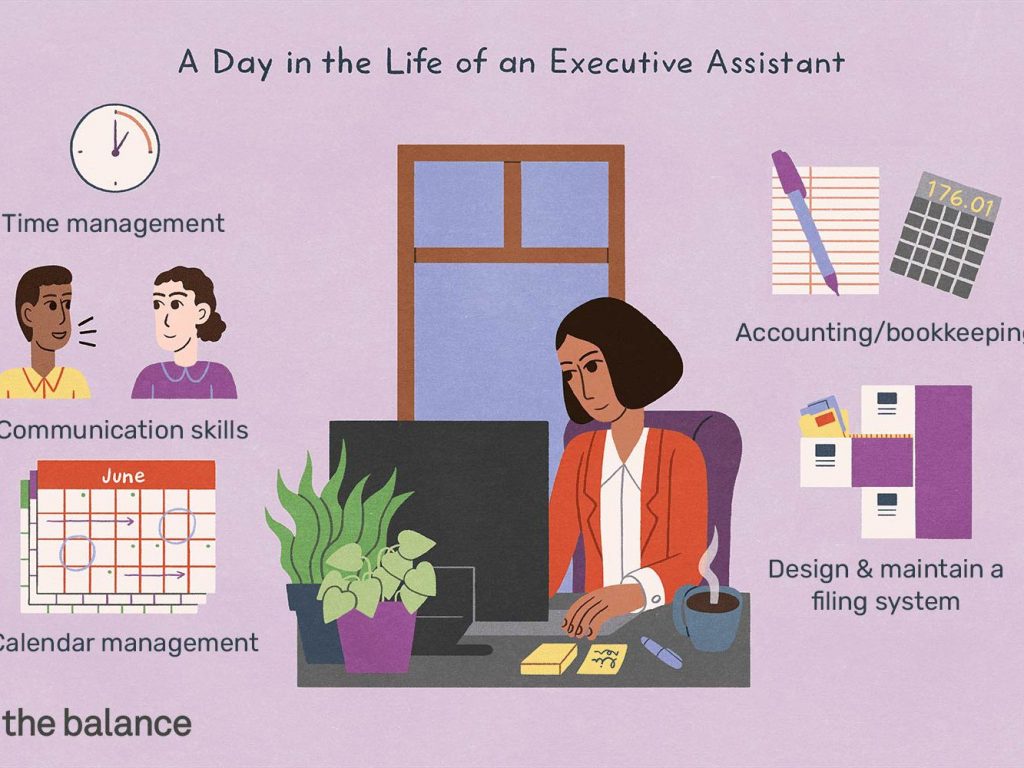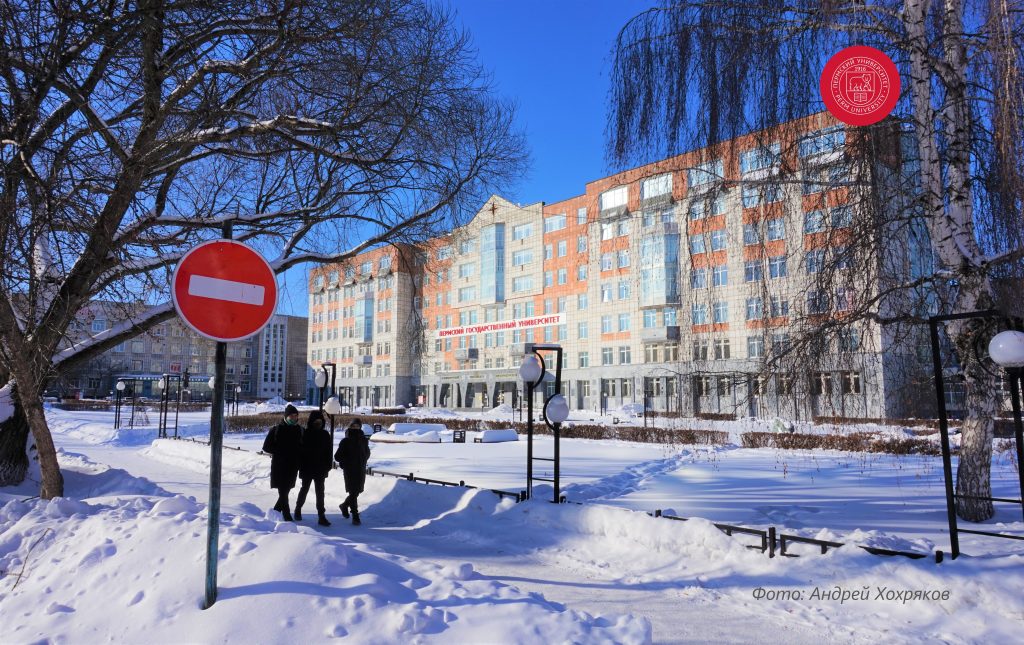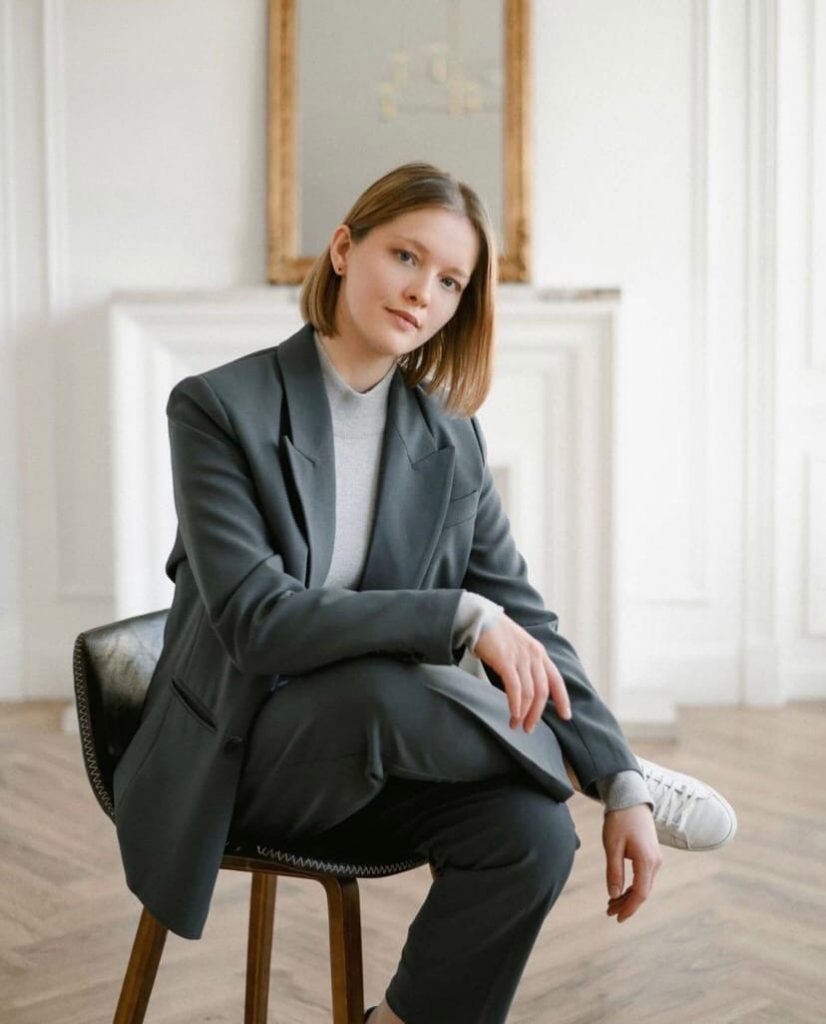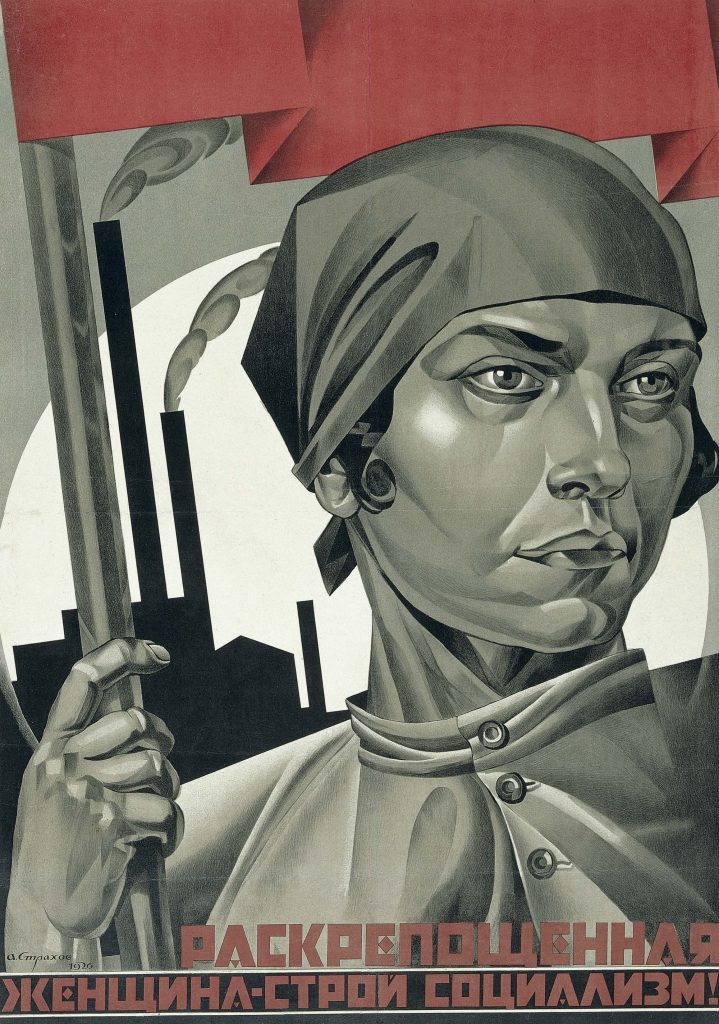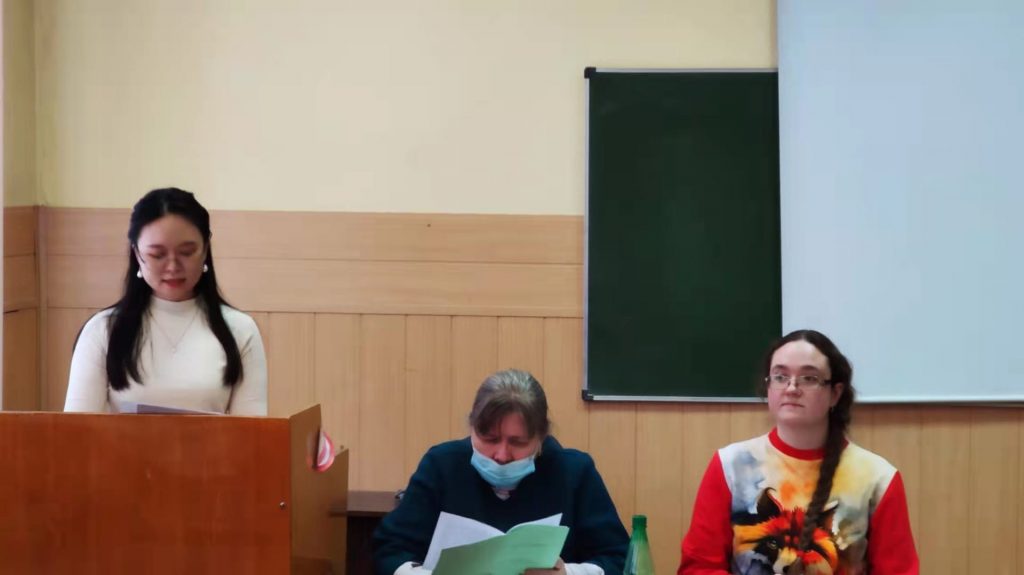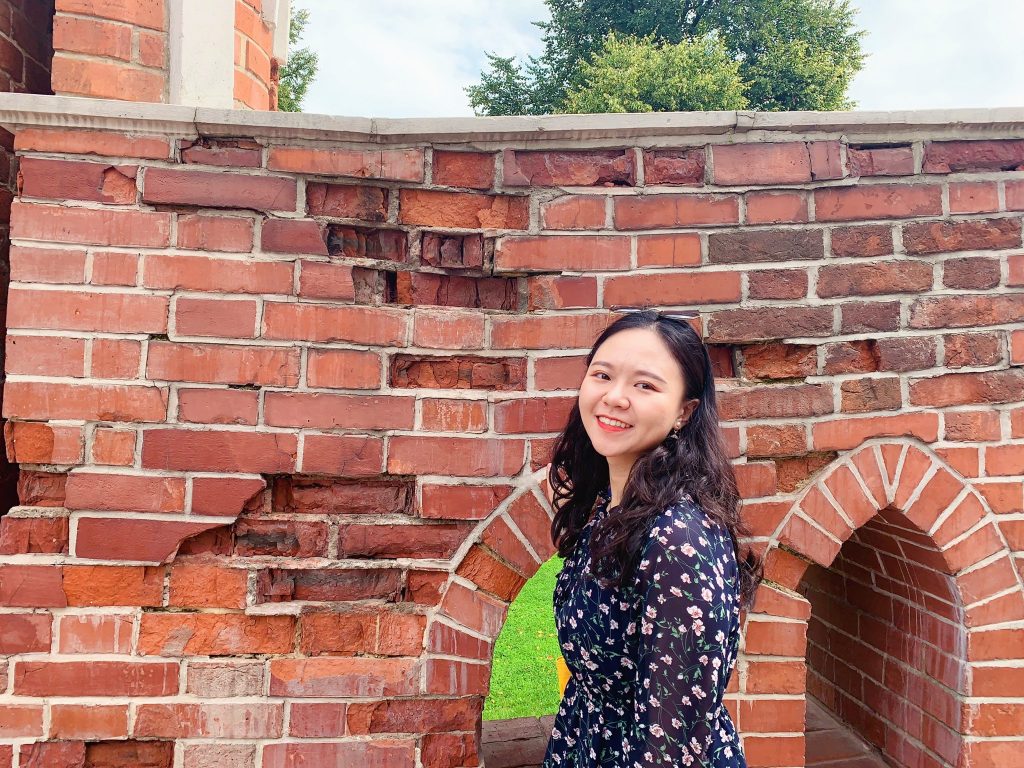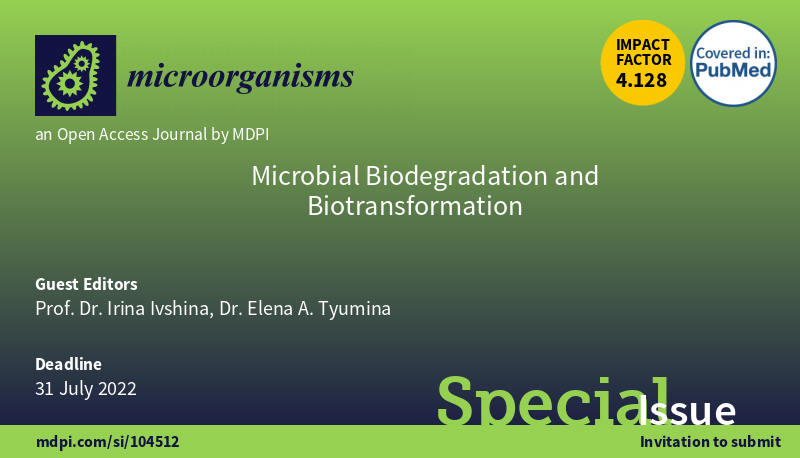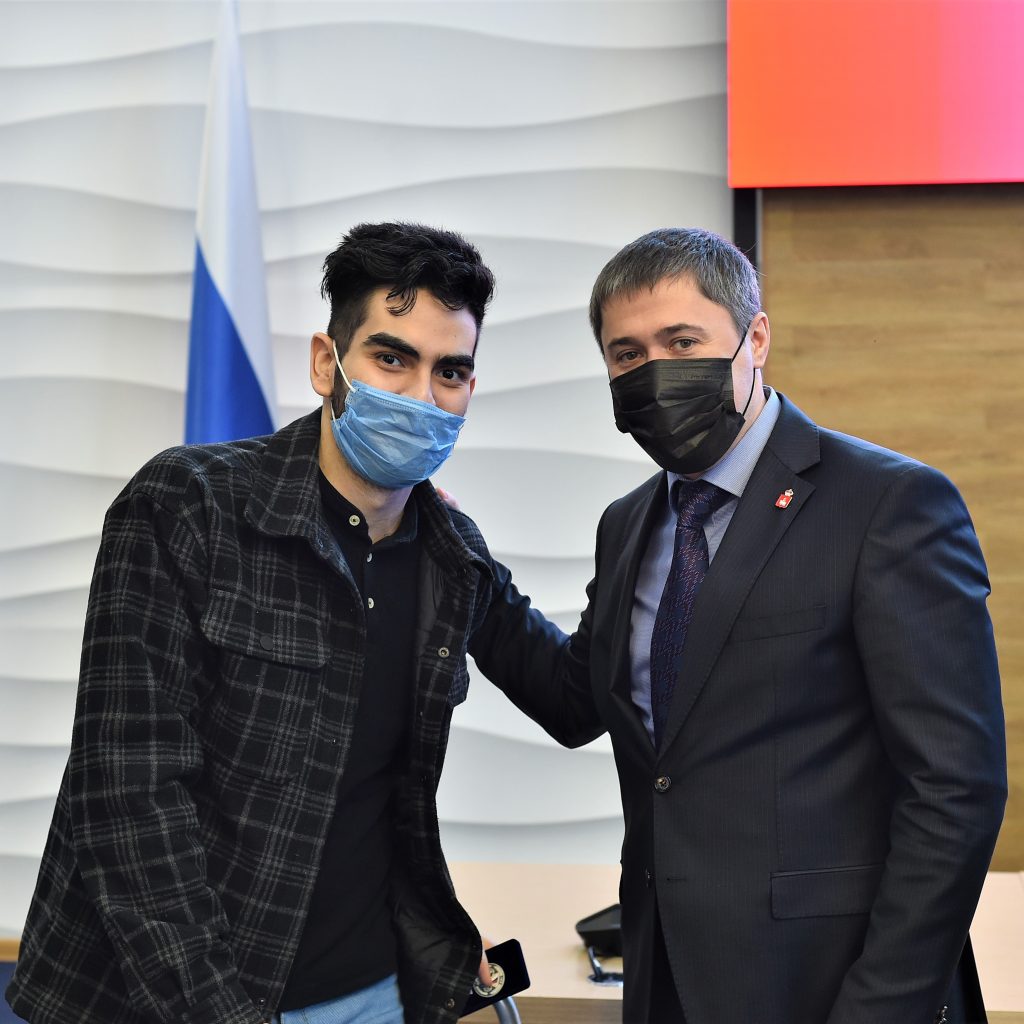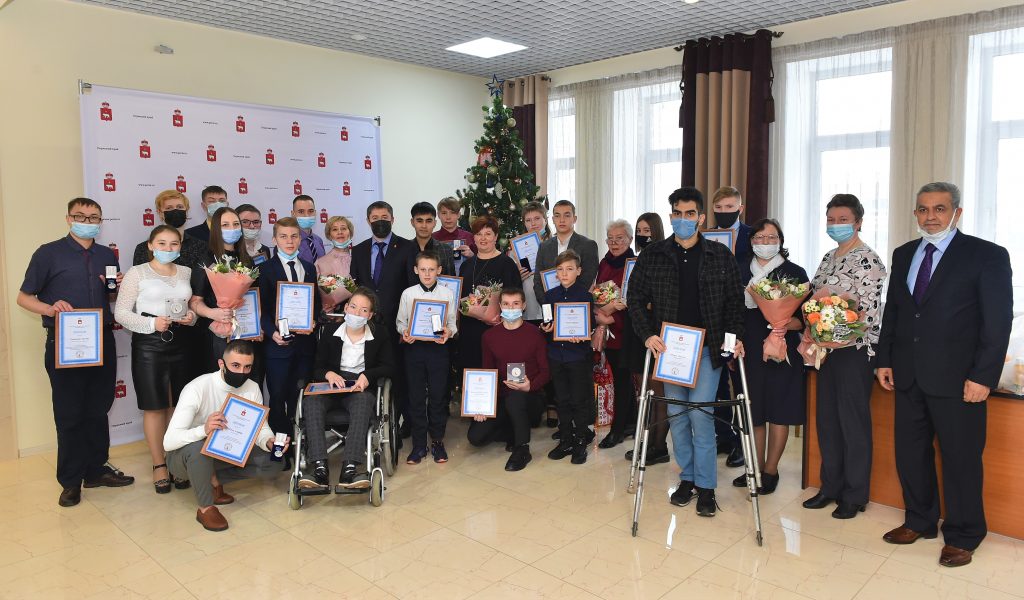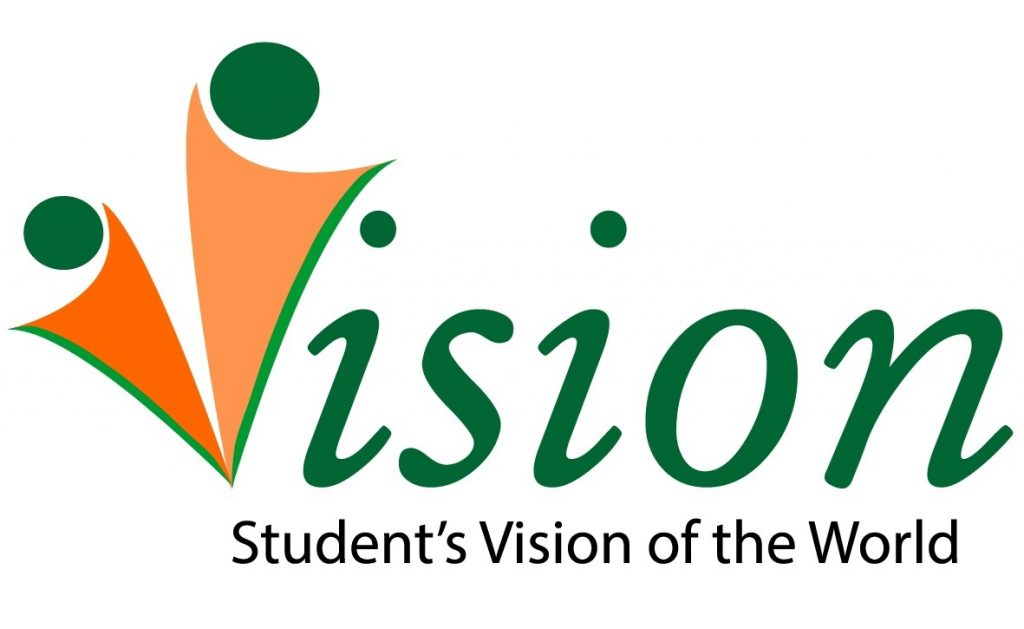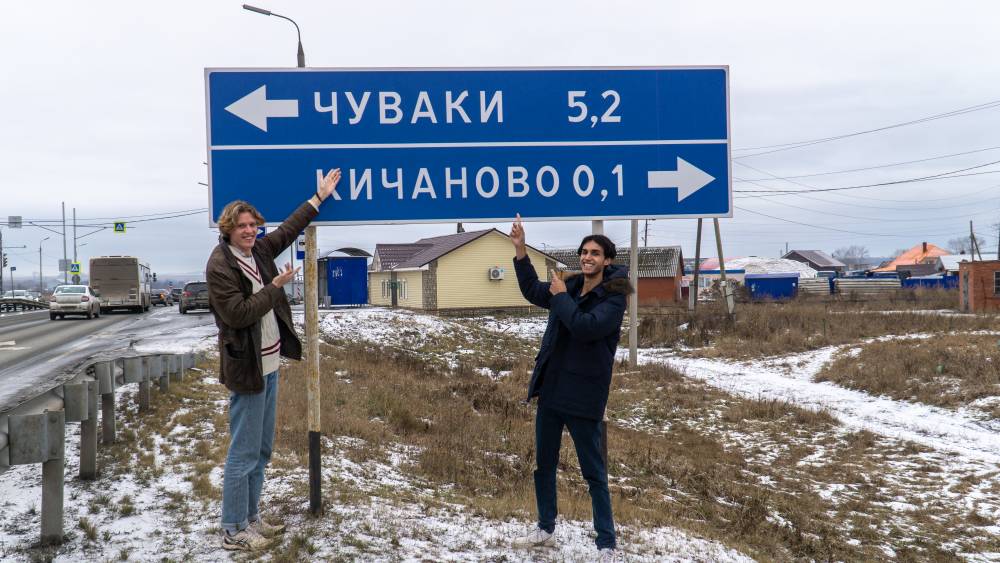The abridged version of the interview for Business-Class, 19, January, 2021
Arun Denton and Joseph Scull, students from New College, University of Oxford have shared their impressions to the Business Class (BC) News Agency – speaking of their studies in Perm, travelling around, volunteering and making friends.
BC: How did you come up with an idea of going to Perm, to study?
Arun: Joseph and I are studying Russian at the University of Oxford. In England, when doing a foreign language, you must spend a part of the 3rd year in the country of its origin. Here is where the twinning relations of our cities clicked. Some of our friends came and studied at Perm State University. They were quite happy with that, and told us about it. So, we considered it as a worthy option, and went to Perm.
BC: Were there any difficulties with preparing for the trip?
Joseph: It was all simple. We had to obtain a visa, quite a common procedure.
Arun: We too have been lucky entering Russia in mid-September. At that moment, the government canceled the mandatory two-week quarantine. So, we passed the PCR test and entered the country, experiencing no problems.
BC: Why would Russian be so interesting to you? And, when did this interest start?
Arun: When you are in school in England, at the age of 14, you have to choose a foreign language to study. So, I thought – why not Russian? Joseph and I are from different places: I am from Manchester, Joseph is from a small town of Sherborne in the south-west of the country. Yet, we were both lucky our schools had included Russian into their curriculum. The education system in England is meant to gradually decrease the number of subjects to study: first, these are 10 to 11, then 3 to 4, and finally, 1 to 2. In our case, we would tend to choose Russian language and literature.
BC: What is special about your studies here? And, how different would it be from studying in Oxford?
Joseph: Compared to Oxford, Perm State University has a lot of obligatory classes. At the University of Oxford, the main emphasis is made on independent students’ work, with individual tutorship being the core. Yet, Oxford differs from other British universities, where the system is closer to what we see here.
Arun: Now, due to the pandemic, basic disciplines are taught online, while classes of Russian are taught individually, on campus. This strategy appears to be quite effective and useful.
BC: Do you happen to communicate with other University students?
Joseph: For sure, we do. Still, due to the pandemic, as have to visit on-campus classes on our own, individually. Here in Perm, we are staying in the family of Irina, a teaching professor at the Faculty of Geography. She had introduced us to her students. We do meet often, the all guys are quite friendly and helpful.
BC: How did your parents and friends treat your idea of going to Perm?
Arun: None of them had ever heard of Perm before. In this regard, the fact of twinning relations helped a lot. Thanks to Mrs. Karen Hewitt, Professor at St Antony’s College, University of Oxford, these links have been growing for quite a while, obviously having a long story behind them.
Joseph: My parents and friends see Perm as a fairly good option. Indeed, there are many foreign students in Moscow or St. Petersburg, where you can communicate in English. Here, Arun and I, just two of us, are enjoying the opportunity of nearly a private dive into Russia.
BC: To which extent have your expectations about Russia and Perm appeared to be true?
Arun: To be honest, I had little expectations, as I knew too little about the city, although I did read about the history of Perm, too. So, we have been making our opinion of the place right on the spot.
BC: Russians are be believed to be self-reserved or reluctant for communication… Have you come across that, at all?
Arun: Maybe, on the street, people do look closed and show less emotion. Yet, as you start talking, everything changes. We usually communicate with those whom we live with, our students, or folks in a café. We are curious to hear stories, and the locals expect the same from us. Almost all people are open and happy to communicate.
BC: What have you been doing during your spare time?
Arun: We have traveled around the Perm territory, a bit. We have been to the smaller towns and places of Kudymkar, Kungur, Ilyinsky, Chermoz, Khokhlovka, and the Usvinsky pillar stones.
BC: Not that every Perm-local visits so many places, like you have done…
Joseph: We know we have been lucky. As I said, we are staying in the family of Irina and Alexander. Irina is a teaching professor at the Faculty of Geography, and Alexander performs well as a tour guide, so we did have really interesting trips around!
BC: Are there any things, which you particularly miss in Perm – like pubs, football or Scottish haggis?
Joseph: Oh, no! I am very glad that there is no haggis in Perm (laughs). In fact, we do not feel being deprived of anything here. For basic needs, our life is set perfectly well. The Russian cuisine is different from ours, but we like it. Pubs are really very important in England, but there are good bars in Perm, too. As for football, we have seen Amkar FC twice, and once Molot hockey team. So, everything is fine, and not so boring at all.
BC: You have taken part in a volunteer campaign, here in Perm, right?
Arun: Yes, together with the “Territory of Rest” Day Shelter we have participated in the “Food on the Wheels” program – providing an opportunity for those homeless and in need – to get warm lunch. We helped distribute food, first in the disctrict of Zakamsk, other side of the river, and then in the city center.
BC: How long will you be staying in Perm?
Arun: We will be going home to England for Christmas. And, in mid-January we will be coming back to the city of Pyatigorsk – to continue our studies at a local university.
BC: Any plans to re-visit Perm?
Joseph: On a whole, we have an idea of crossing Russia by train, on the Trans-Siberian Railway – that would be great! Here in Perm, we have developed a great touch with Irina and Alexander – the family we are staying with. I believe we will try to visit them, for sure.
BC: Your future occupation – will it be connected with Russia?
Arun: I have always wanted to speak Russian fluently. It would be great to work in Russia, or with it.
Joseph: After studying in Russia, we will have one more year at the University of Oxford, so, there is plenty of time for future decisions.
BC: You have mentioned you learned about Perm through twin cities relations with Oxford. To which extent, in your view, does twinning make sense?
Joseph: I’ll tell you a short story. Arun and I were at Perm School №7 – meeting with schoolchildren, talking about England. Suddenly, I noticed a poster with my hometown of Sherborne there. It turned out that this School cooperates with the Sherborne Girls School, and my sister was here as part of an exchange program – can you imagine that? Unfortunately, there are currently no such exchanges. Yet, they should be restored, since they make people communicate and learn about each others’ life and culture – here, locally, in the middle of Russia.
Arun: The links between the universities are also quite necessary and useful. Every year, students from Oxford come to Perm to study and practice. New knowledge, new contacts – all these are really important for the modern world.
News Source (original).
